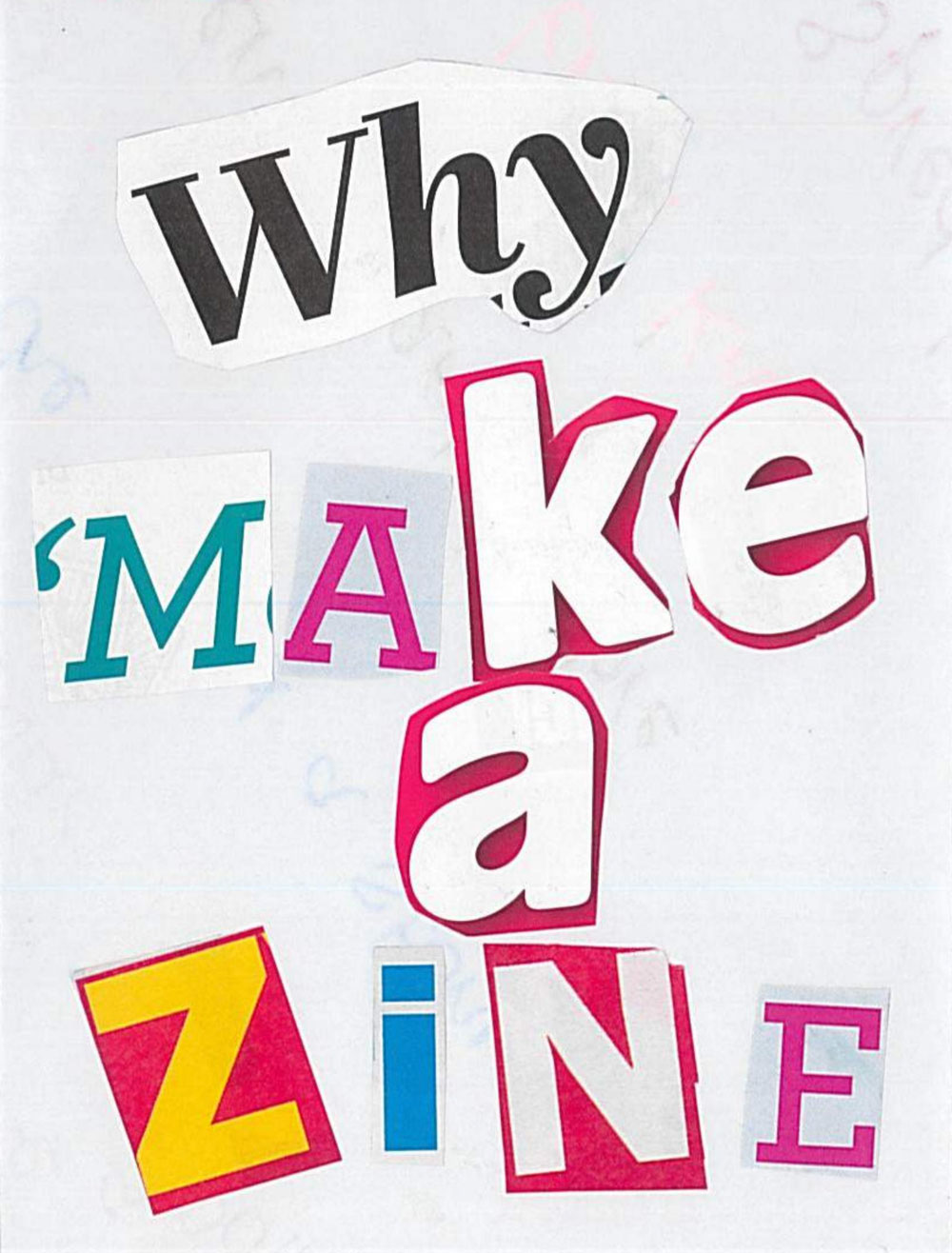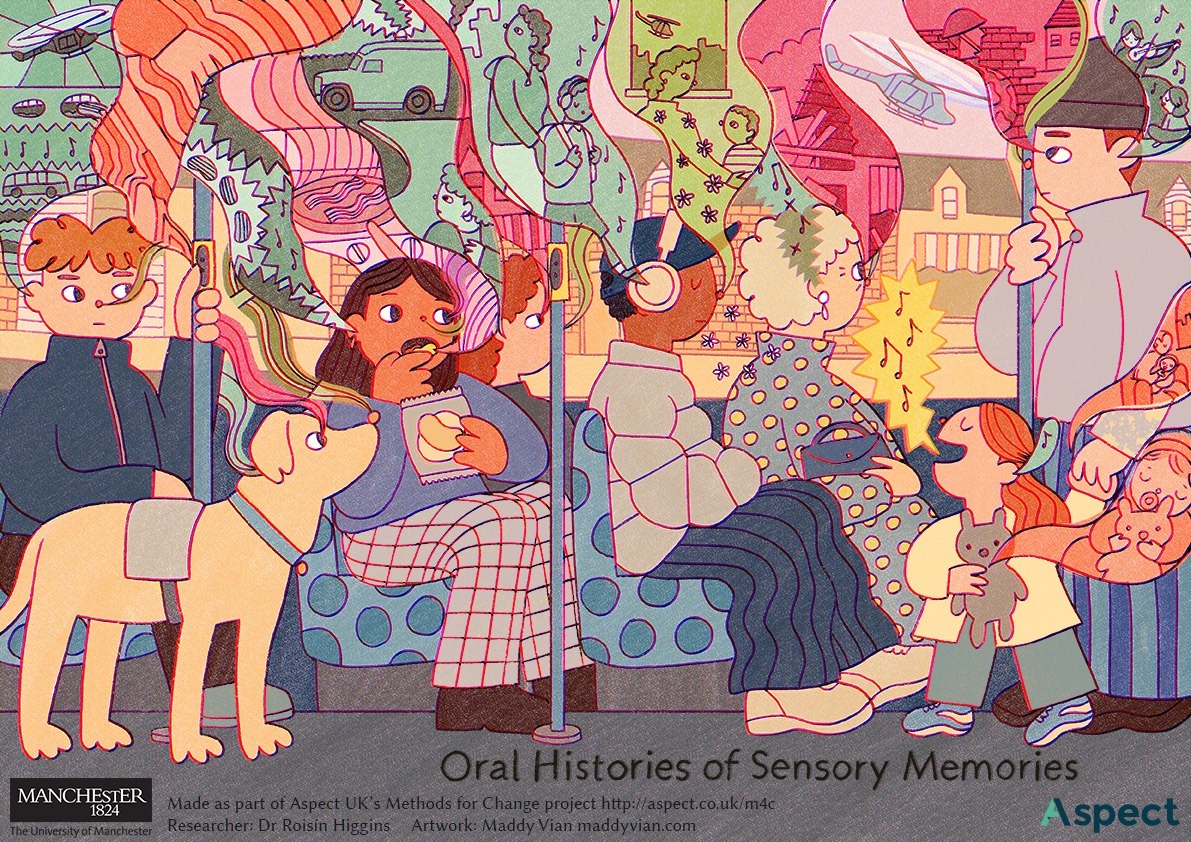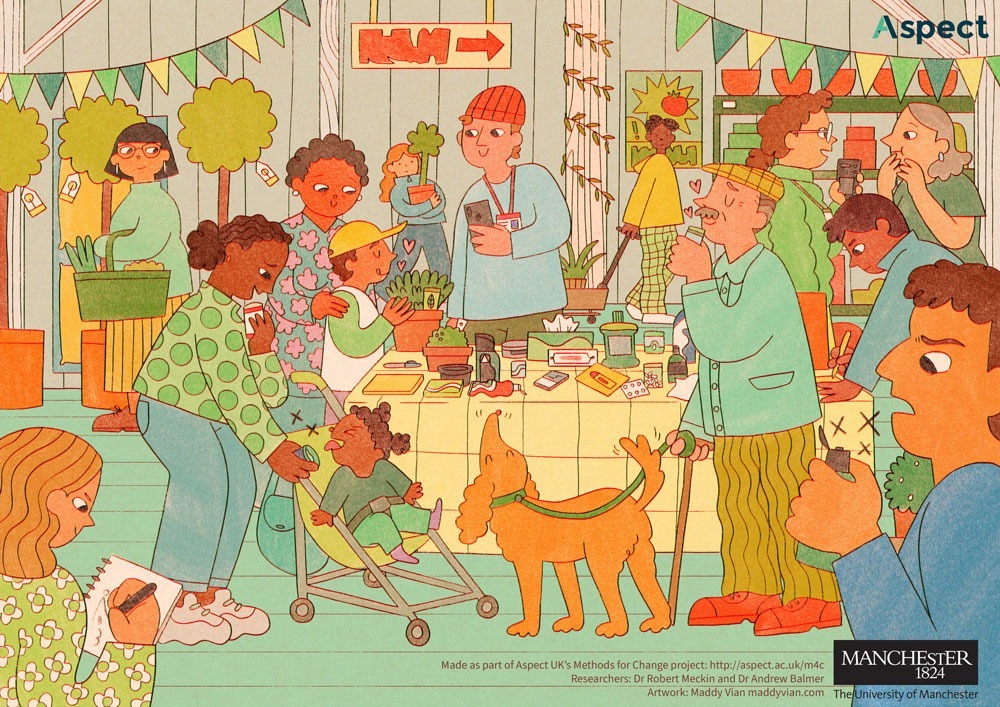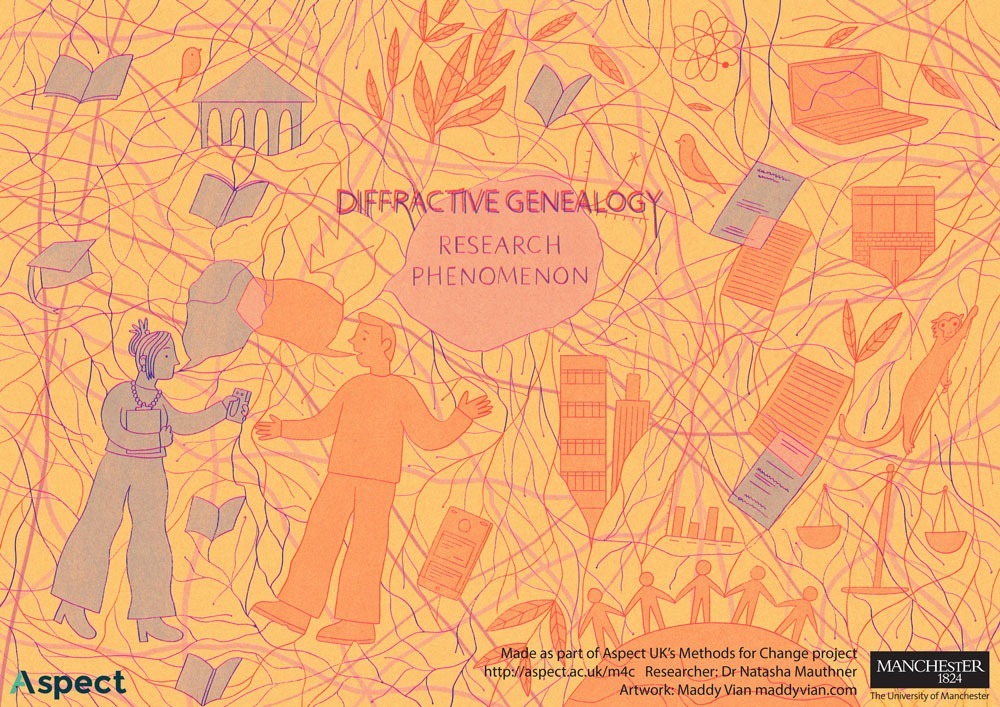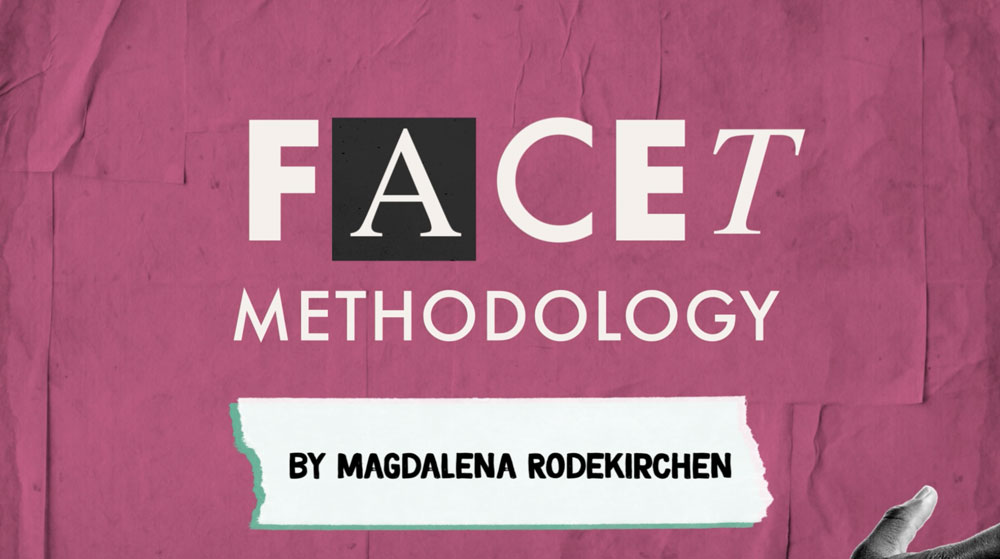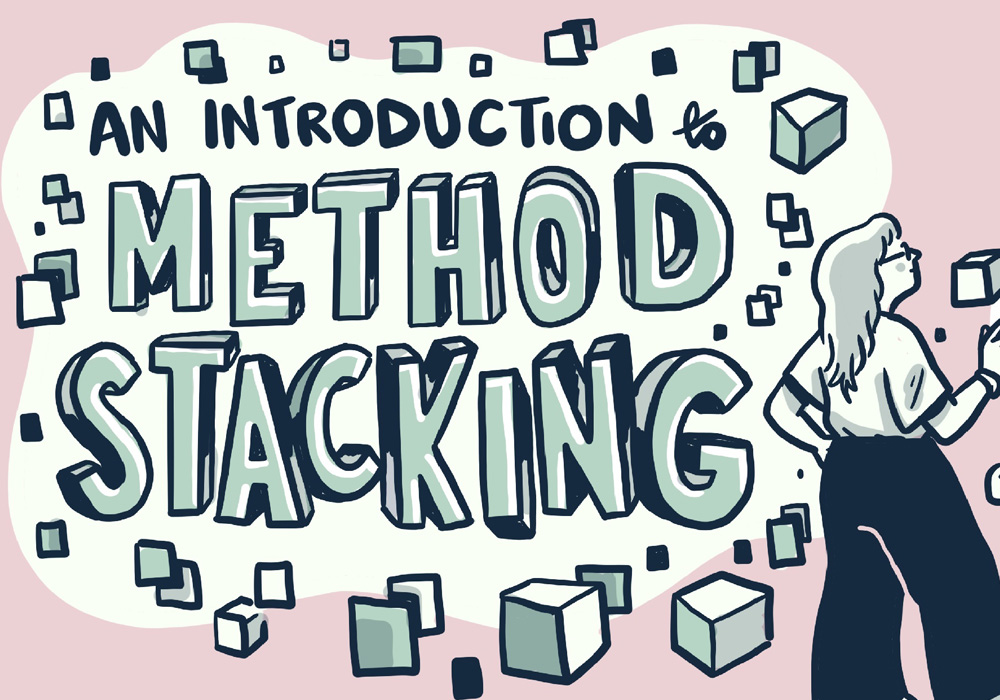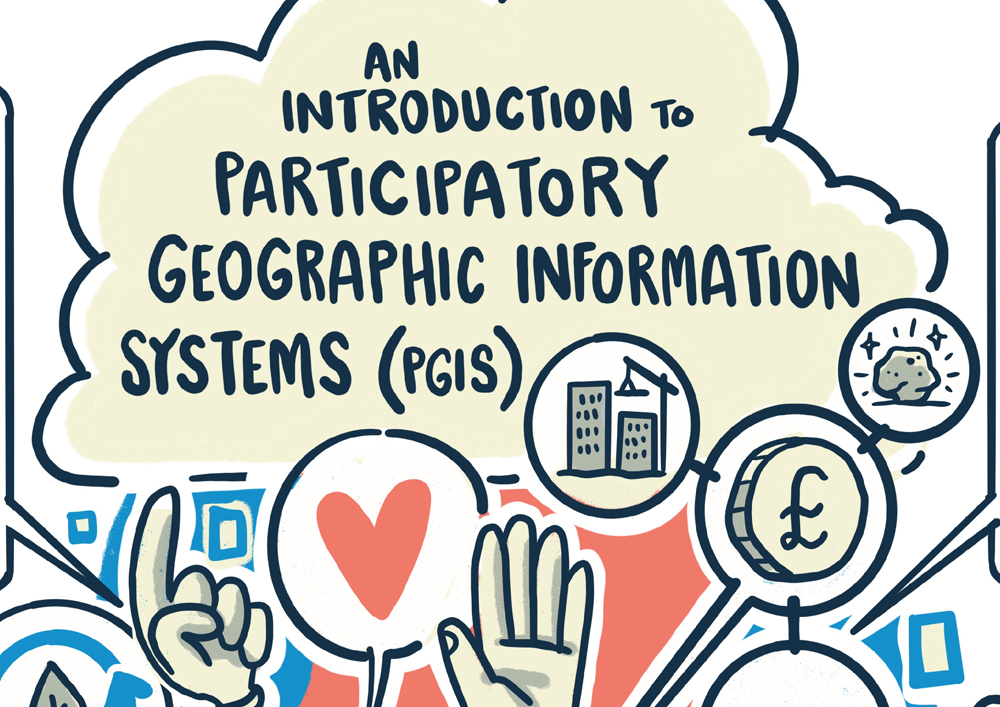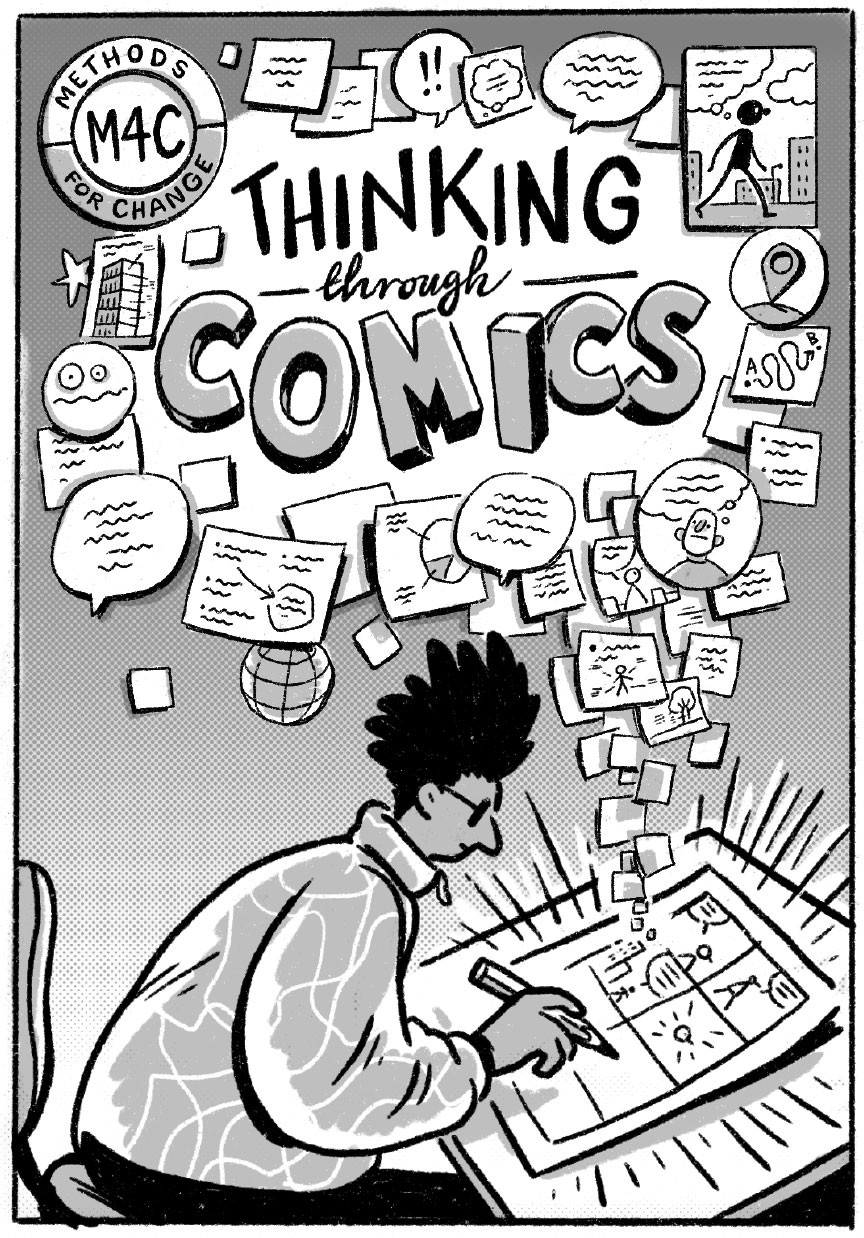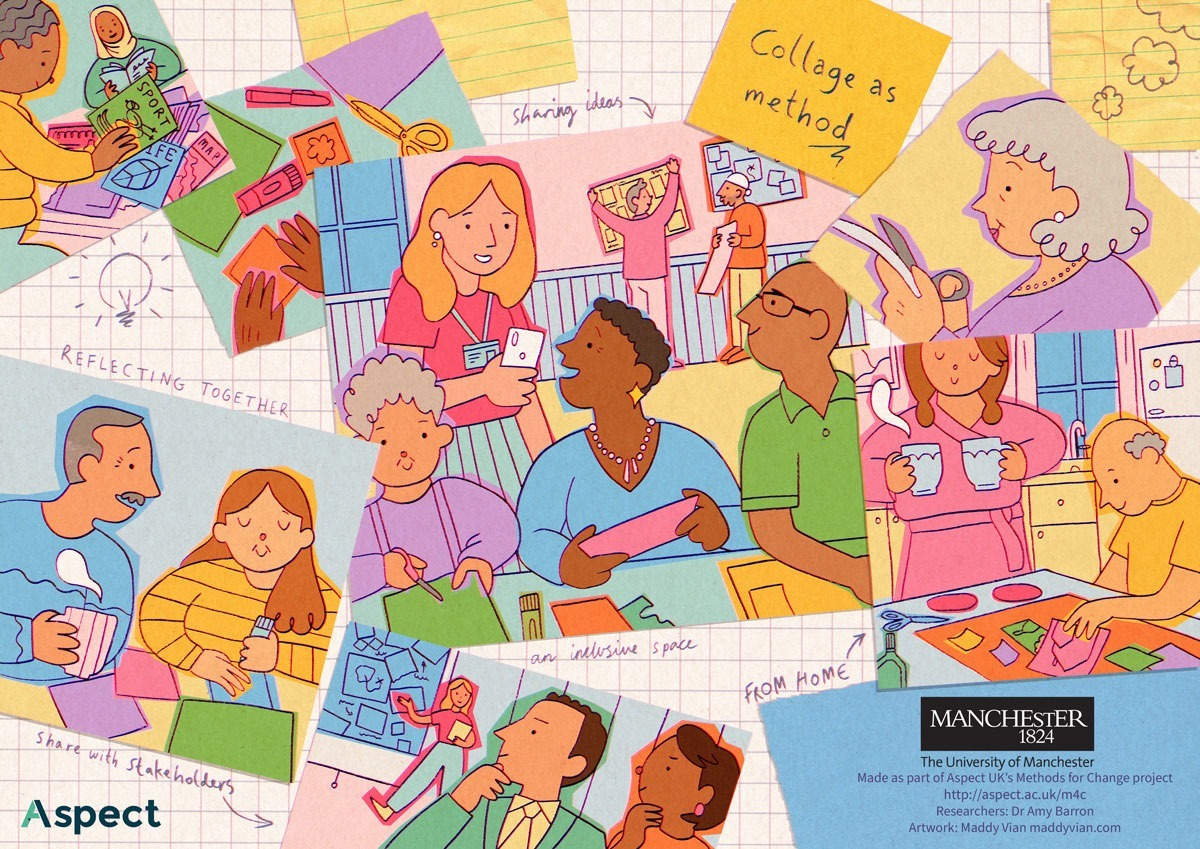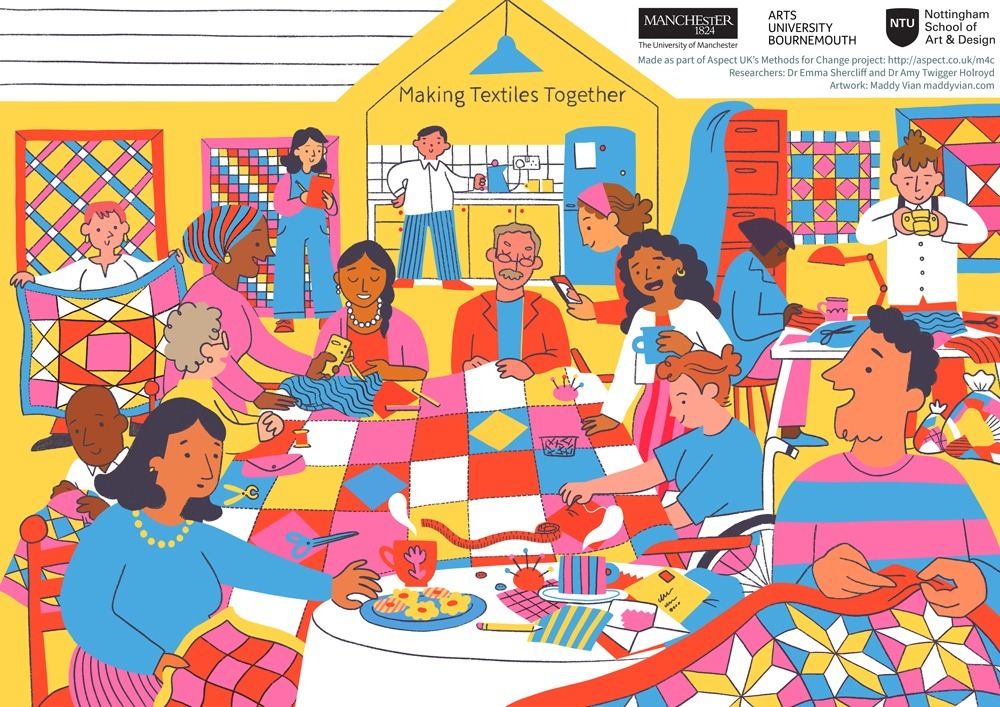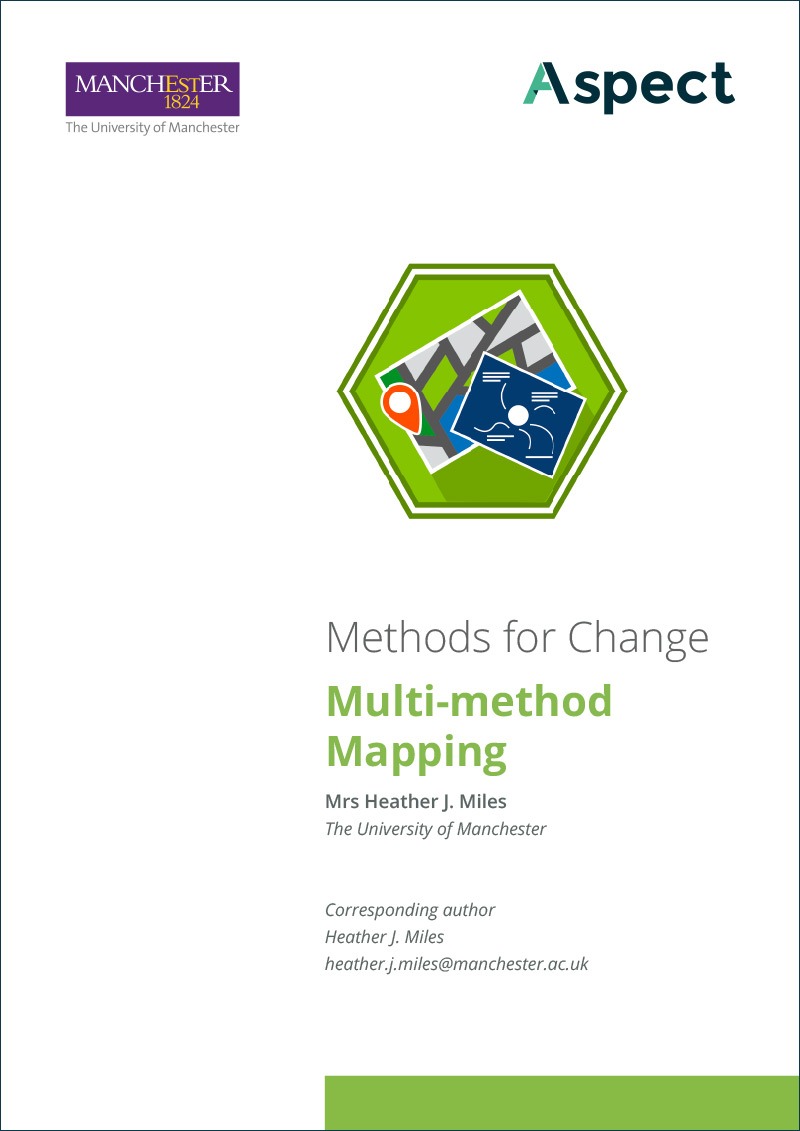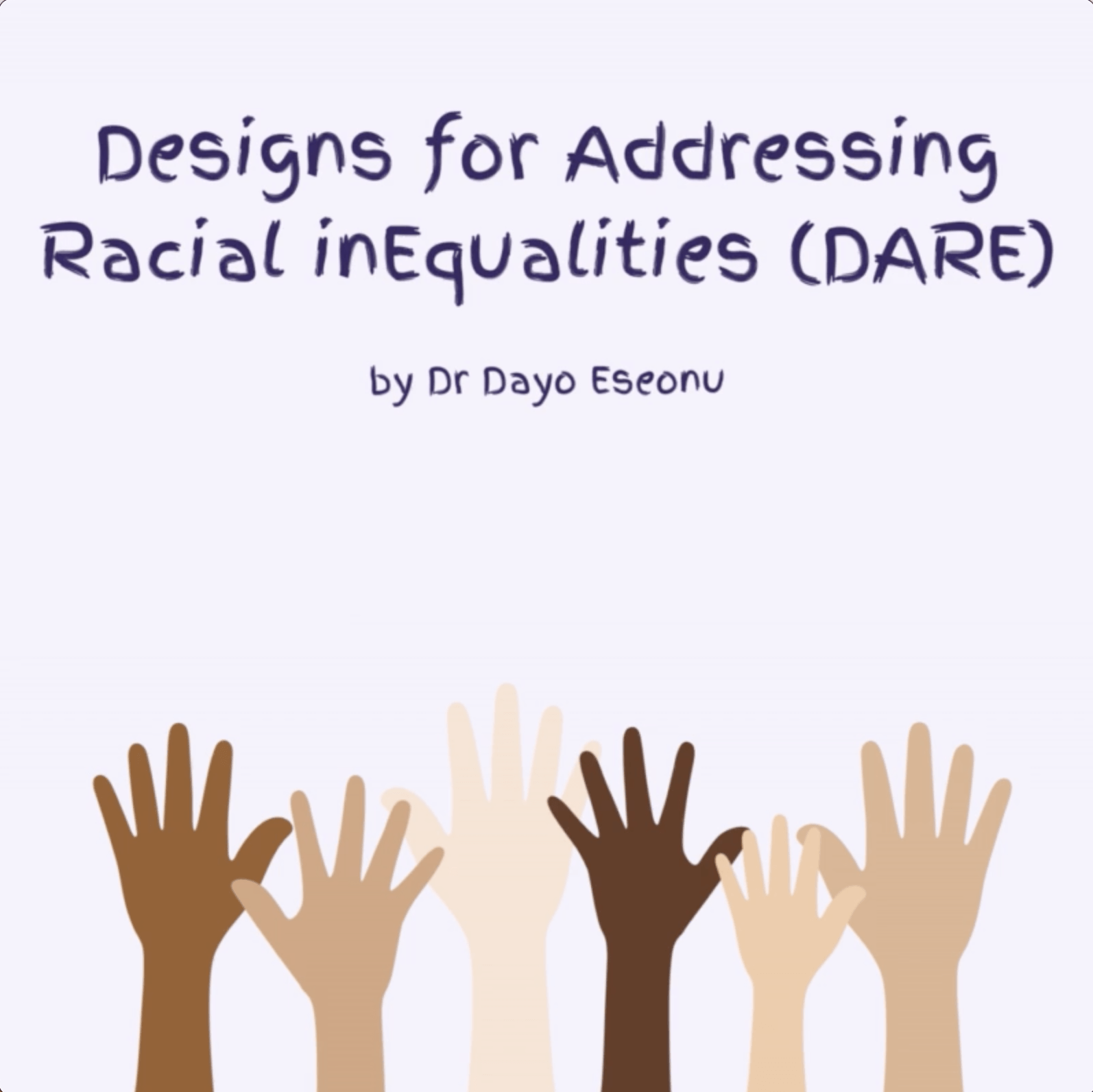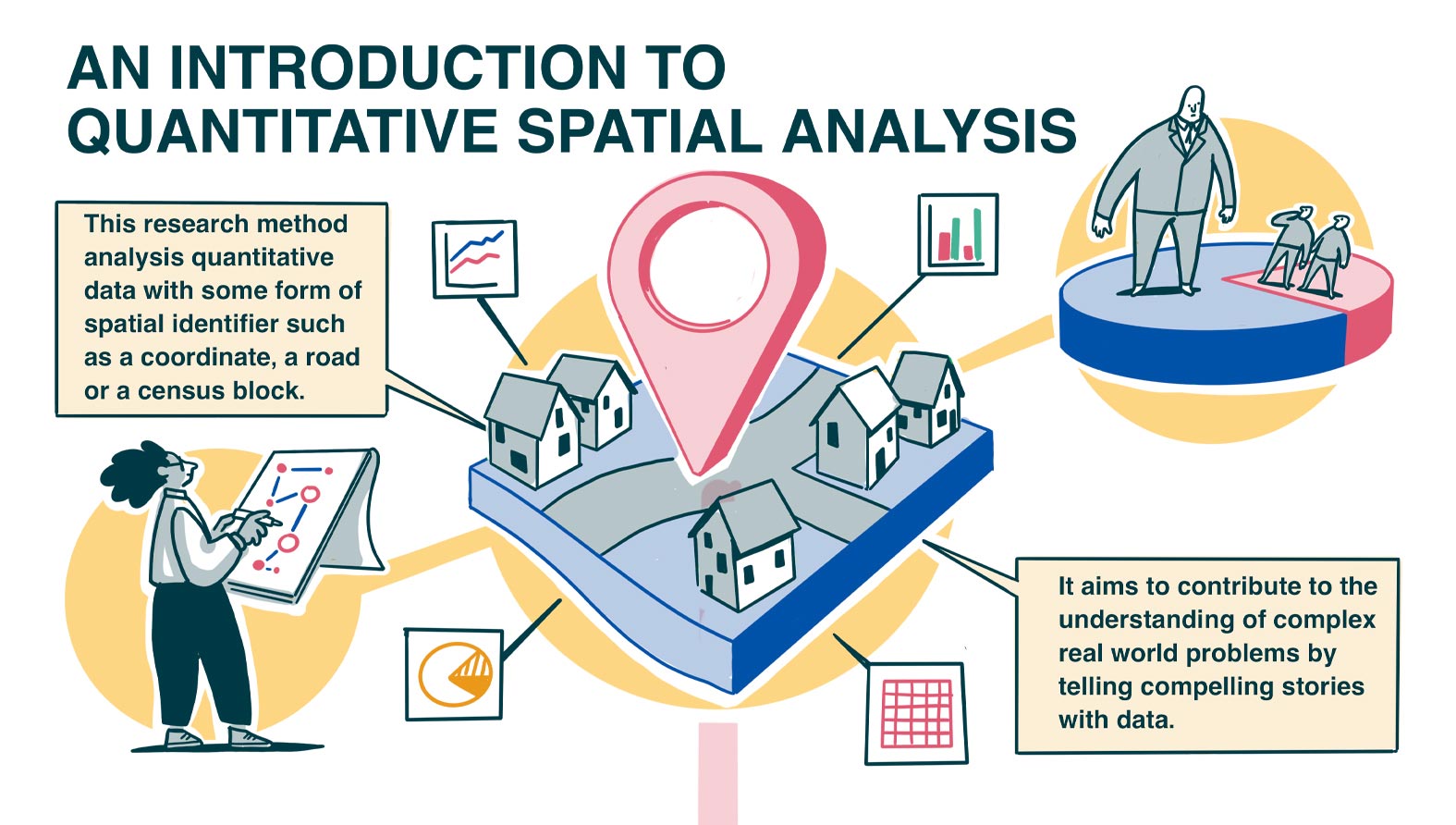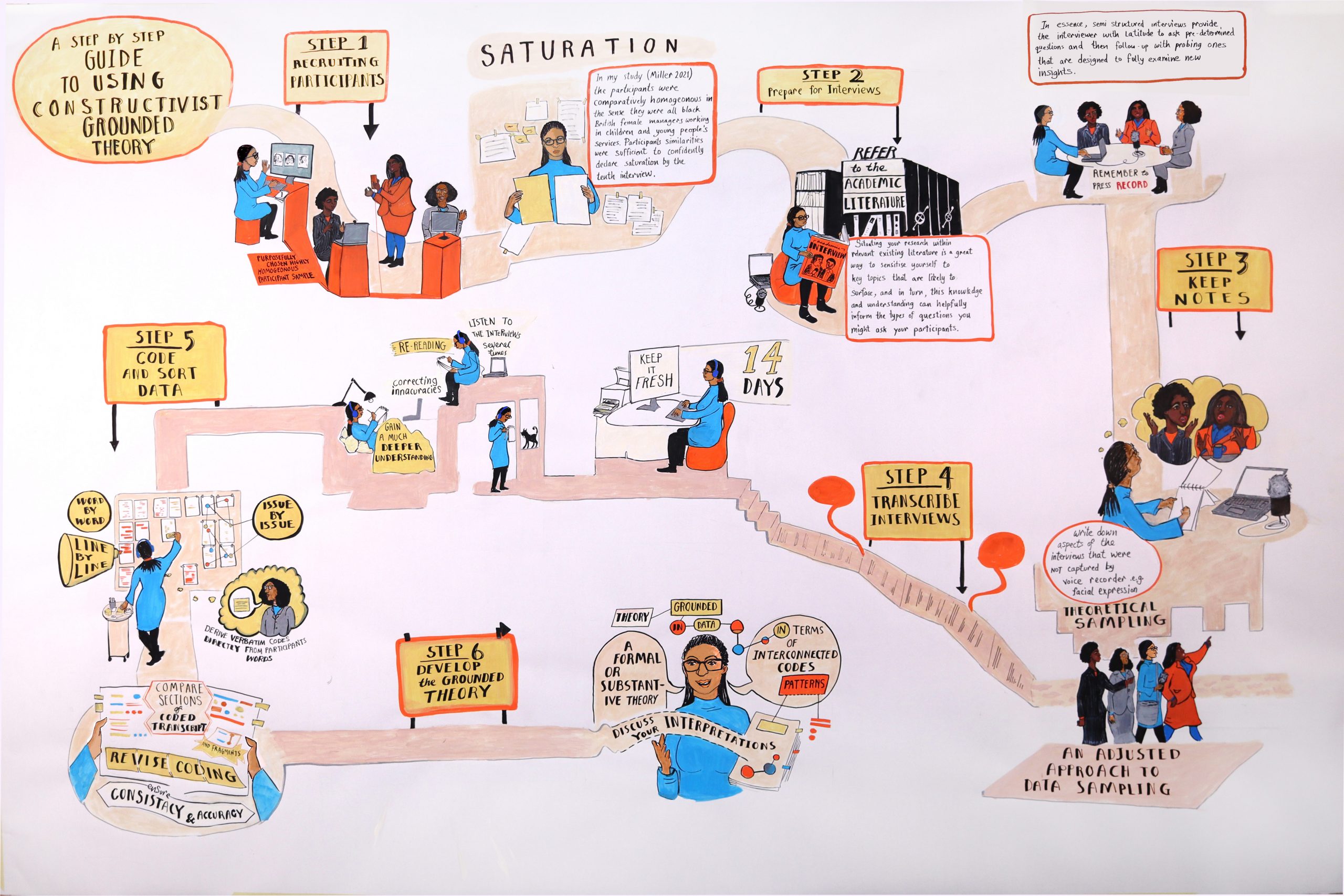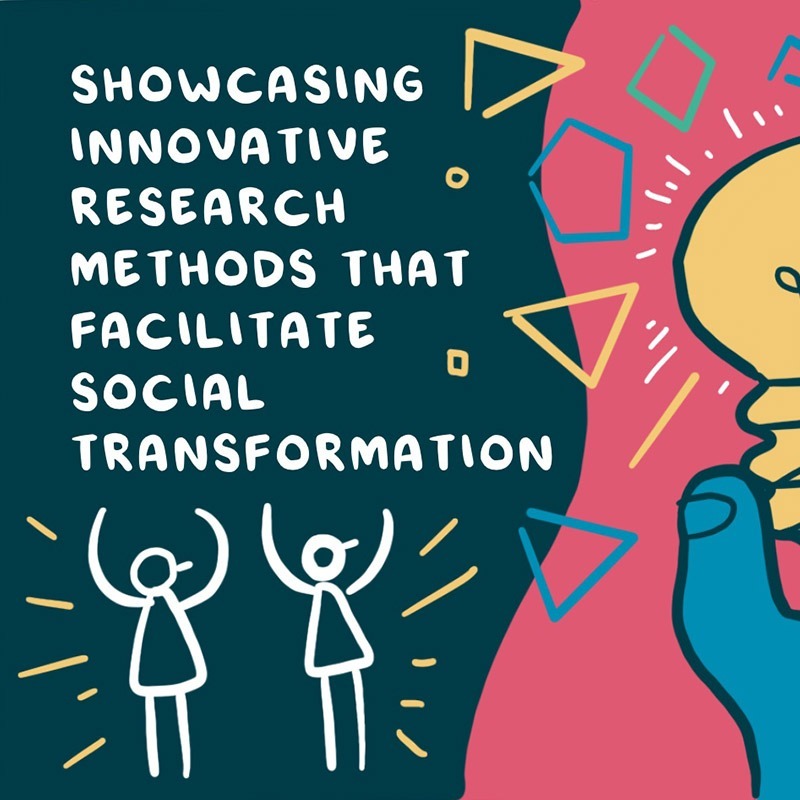Impactful social science methodologies for 21st century problems
Social scientists are developing methodologies that are useful beyond academia. Methods for Change plans to develop an online platform to showcase the value of social sciences methodologies to the wider world and demonstrate to industry the benefits that social sciences research can bring to their organisations.
Visit the Research Methods Library
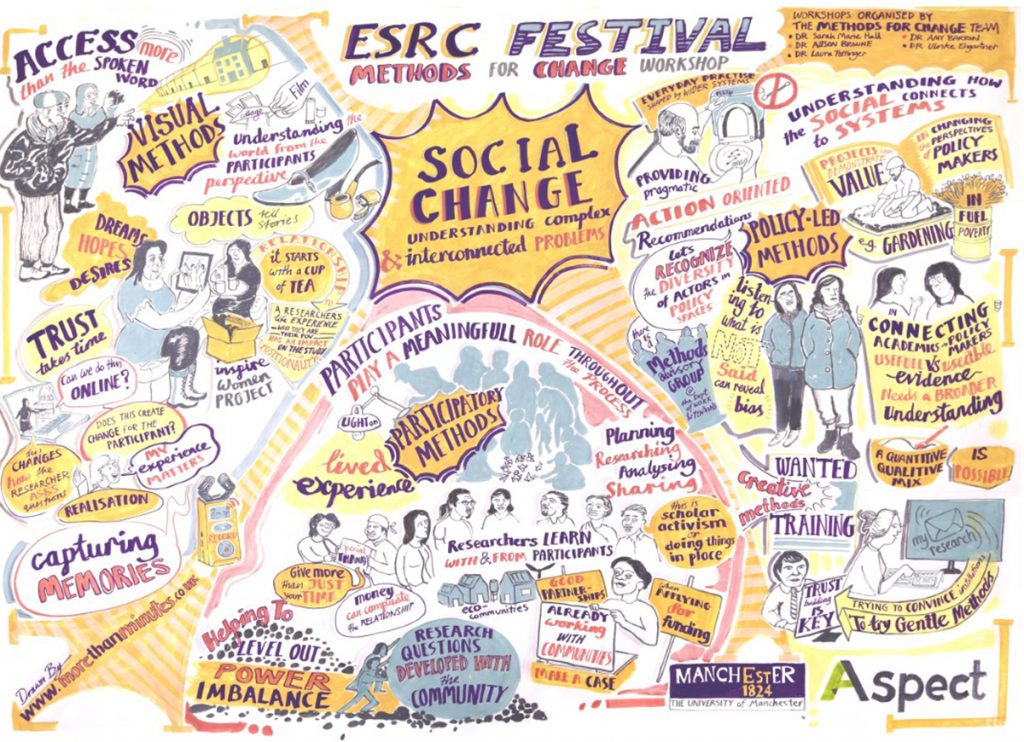
Reflecting on already existing research methodologies within the School of Environment, Education and Development (SEED) at the University of Manchester and allied researchers at partner institutions (Bristol, Cardiff, Glasgow, Oxford, Sheffield, Sussex and York), the Methods for Change team held conversations with social scientists from Universities from across the UK, to establish the characteristics and possibilities afforded by the methodological approaches they use, if applied by/within organisations such as businesses, third sector organisations and government departments.
These conversations served as the basis for the facilitation of collaborations between academics and artists/ designers, with the aim to distil key elements of 30 research methods and present them in novel, thought provoking or creative ways to reach a range of different audiences beyond academia. The pieces produced come in a variety of formats including comic illustrations, posters, zines, short films and animations and communicate methods through visual, sensory and physical elements. These are accompanied by accessible, jargon free written ‘how to’ guide about the methodological approach, with step-by-step instructions and top tips for carrying out the method.
What was next?
The M4C team had secured funding from Aspect to pursue Phase 2 of the project. This included:
- Engaging with a range of spatial, quantitative, and mixed methods to produce additional creative resources and how-to guides.
- Working with the Business Engagement CoP to build up a community of practice around academic and non-academic partnerships.
- Pursuing collaborative opportunities across the Aspect network from non-traditional funding sources.
How could other Aspect members get involved?
Aspect members used the multiple resources available on the M4C project page as teaching resources. Given that many social sciences students go on to work in non-academic sectors – government, NGOs, industry – educating them early about these research methodologies and their applications outside of academia paves the way for change at a much earlier stage.
The M4C team engaged with a range of 20-30 researchers across the Aspect network to create a second round of how-to guides – particularly around spatial, quantitative, and mixed methods addressing social, environmental, political, and economic societal challenges.
For further information on how to be involved, please contact Dr. Ali Browne (alison.browne@manchester.ac.uk).

